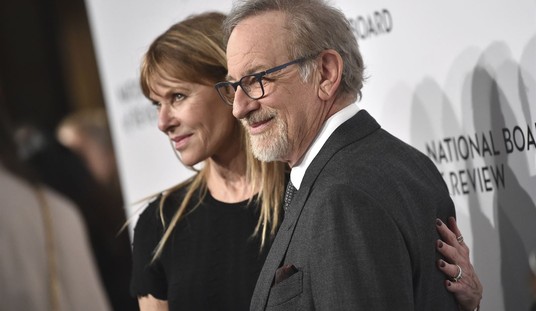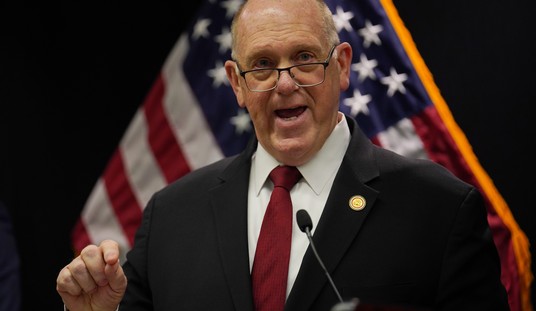Disappointing millions of Americans, Victoria’s Secret fashion show featuring the parade of runway angels has been canceled. The annual November event has fallen victim to modern times, low ratings, and the #MeToo movement.
Rumors have been circulating for months and were all but confirmed last July when one of the show’s models told Australia’s The Daily Telegraph that the show won’t be happening this year.
“Unfortunately the Victoria’s Secret show won’t be happening this year,” she told Australia’s The Daily Telegraph. “It’s something I’m not used to because every year around this time I’m training like an angel. But I’m sure in the future something will happen, which I’m pretty sure about.”
She added, “I’m sure they’re trying to work on branding and new ways to do the show because it’s the best show in the world.”
It was bound to happen. In the age of #MeToo, a televised fashion show comprised of beautiful women modeling underwear isn’t going to be allowed. The Angels have been grounded, so to speak. It’s a wonder the show lasted as long as it did. The annual fashion show began in 1995. It’s become a big production with hundreds of celebrities and entertainment people attending. The show features entertainment acts and top models are used. The first televised show was in 2001. The ratings peaked in 2012, along with controversy that year. Model Karlie Kloss wore an outfit that was decried as reminiscent of Native American attire. Victoria’s Secret issued an apology and removed the outfit from future advertising. In 2014 the audience was 9.2 million viewers. By 2018, it had 3.2 million viewers, the lowest ratings ever. The times they are a’changin’. The Angel models wearing wings were introduced in 1998.
The chief financial officer and executive vice president of L Brands, the parent company of Victoria’s Secret, made the announcement.
“We’ll be communicating to customers, but nothing that I would say is similar in magnitude to the fashion show… You can be sure we’ll be communicating with customers through lots of vehicles including social media and various, more current platforms, if you will,” Stuart Burgdoerfer said.
Controversies have surfaced over the relationship between Victoria’s Secret executive Leslie Wexner and Jeffrey Epstein, the now-deceased pedophile and sex trafficker. Victoria’s Secret has come under fire from LGBTQ advocates and feminists.
“Victoria’s Secret’s brand image is starting to appear to many as being outdated and even a bit ‘tone deaf’ by failing to be aligned with women’s evolving attitudes towards beauty, diversity and inclusion,” James A. Mitaronda, head of activist investor Barington Capital Group, wrote in a letter to Wexner in March. “While Victoria’s Secret has improved the racial and ethnic diversity of the women in its advertising campaigns, it continues to use models that depict a very narrow definition of beauty.”
Ed Razek, VS’s former chief marketing officer, resigned after controversial remarks made in an interview with Vogue magazine. He said there wasn’t a place for plus-sized models on the runway and he wouldn’t be hiring any transgender models, either. Retail sales are down, too. For some, this is a welcome cultural moment in time.
The death of the Victoria’s Secret Fashion Show represents an important cultural moment. Consumers are signaling that they’re not interested in being complicit with the objectification of women by supporting brands like Victoria’s Secret. They’re no longer tuning in to the show, and just as tellingly, they’re choosing not to buy products from the brand. Sales at Victoria’s Secret stores have dropped by 7% this quarter, representing the sixth consecutive quarter of declining sales. And L Brands stock has fallen 39% this year, closing at a 10-year low.
The Victoria’s Secret Angels have been canceled, or at least their fashion show. Depending on your point of view, it’s either an end of an era or a time to wish good riddance.








Join the conversation as a VIP Member